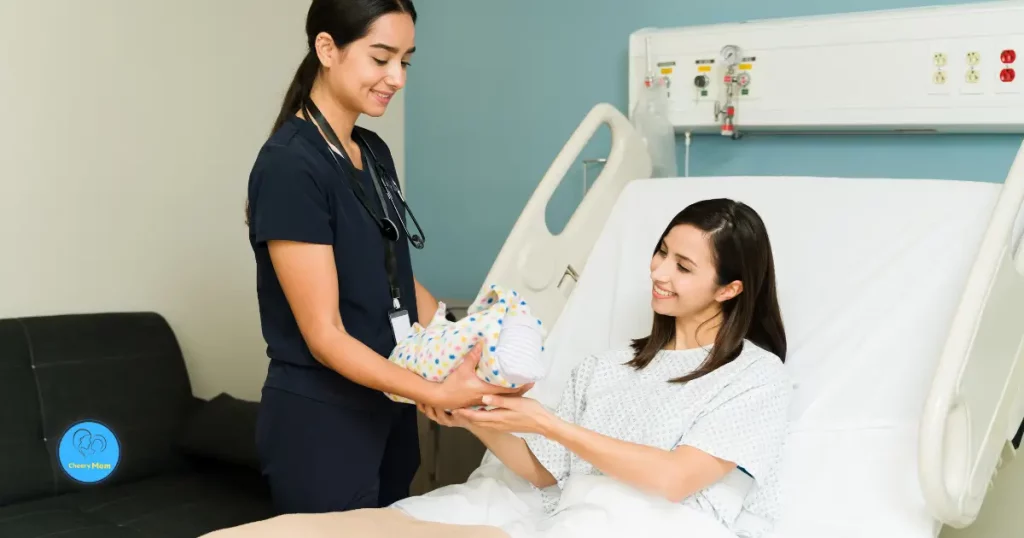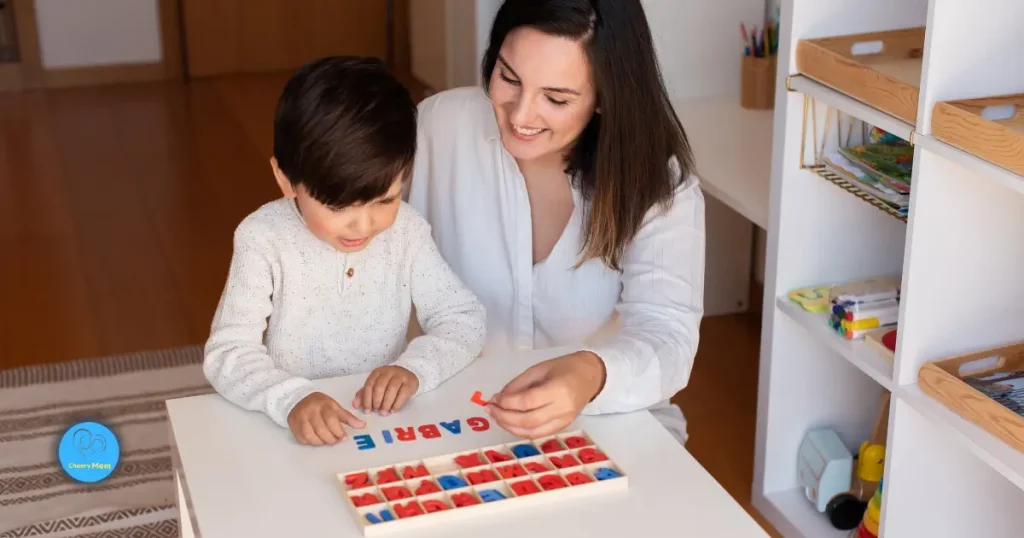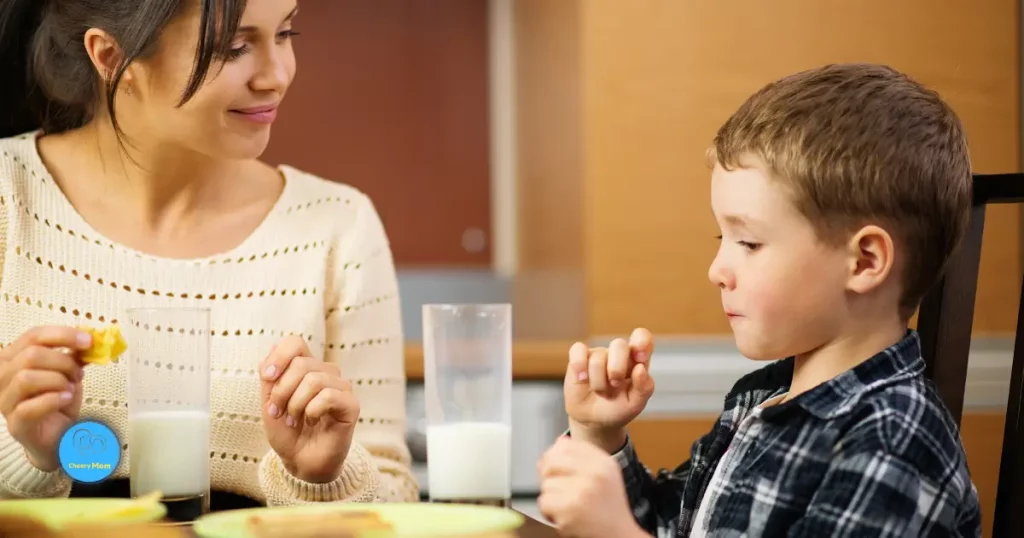Relationship form the cornerstone of our human experience, and none is as profound and transformative as the one between a mother and her son.
As we delve into the intricate dynamics of postpartum care, it becomes apparent that the early days of motherhood lay the foundation for a relationship that will shape the course of a child’s life.
This guide, centered around the keyword “relationship,” explores the nuances of the mother-son bond during the postpartum period.
From understanding the physiological and emotional changes to navigating the challenges and celebrating the milestones, we embark on a journey that highlights the significance of nurturing this special connection.
Join us as we unravel the layers of postpartum care, offering insights that go beyond mere caregiving to foster a robust and enduring relationship between mothers and their sons.
Relationships are at the heart of the transformative journey into motherhood, a period rich with both joy and challenges. This comprehensive guide delves into the essential aspects of postpartum care for both mothers and sons, emphasizing the profound significance of nurturing the mother-son bond during this delicate time.

The postpartum period, often referred to as the “fourth trimester,” spans the weeks following childbirth. Understanding its duration is vital for navigating the unique challenges and opportunities it presents. This phase is marked by physical recovery, emotional adjustments, and the establishment of crucial routines.
Mothers undergo profound physical and emotional changes during this period. Beyond the expected physical recovery, hormonal fluctuations and emotional challenges are common. Recognizing and addressing these changes is essential for a mother’s holistic well-being.
Self-care stands as a pillar of postpartum recovery. Prioritizing adequate rest, proper nutrition, and emotional well-being are vital components.
Explore practical self-care strategies for a smoother transition into motherhood.

The mother-son bond is a foundation for a child’s emotional development :
Early interactions between a mother and her son play a pivotal role in shaping the child’s future. These interactions contribute to cognitive, emotional, and social development.
Empower mothers by understanding developmental nuances for positive son’s foundation.
The effects of a robust mother-son bond extend far beyond the postpartum period:
This section explores the enduring benefits of investing. in the mother-son relationship during the early years.


The emotional landscape of postpartum life is characterized by hormonal fluctuations and various emotional challenges. Understanding the sources of these emotions enables mothers to navigate this period with resilience and seek support when needed.
This section explores practical strategies for managing postpartum emotions, emphasizing the importance of self-awareness, open communication, and seeking professional support when necessary.
A mother’s emotional well-being is intricately linked to her son’s development. A positive emotional state contributes to a nurturing atmosphere, fostering the emotional intelligence and resilience of the child.

Skin-to-skin contact is a powerful means of fostering a healthy attachment between mother and son. This section explores the physiological and emotional benefits of this practice, emphasizing its role in establishing a strong mother-son bond.
Beyond its nutritional benefits, breastfeeding plays a crucial role in nurturing emotional closeness. This section delves into the emotional bond forged through breastfeeding and how it contributes to the overall well-being of both mother and son.
Nurturing a healthy attachment extends beyond physical contact. Creating a nurturing environment involves responsive parenting, active listening, and providing a secure and loving atmosphere for the child’s growth.

A supportive father figure is invaluable during the postpartum period. This section explores the unique role fathers play in supporting the mother-son relationship and fostering a harmonious family dynamic.
Effective communication and shared responsibilities between parents are essential for a supportive family environment. This section provides insights into balancing parenting duties and promoting a collaborative approach to child-rearing.
Highlighting the importance of a father’s active participation in the early years underscores the positive impact on the mother-son relationship and contributes to a thriving family unit.

Recognizing signs that additional support may be necessary is a crucial aspect of postpartum care. This section empowers mothers to seek professional assistance when faced with challenges that extend beyond typical postpartum adjustments.
Healthcare professionals and counselors play a pivotal role in providing support and guidance during the postpartum period. Understanding the resources available ensures mothers receive comprehensive care for both themselves and their sons.
Seeking professional help positively impacts both a mother’s well-being and her son’s development. This section explores how expert guidance contributes to a healthier, more balanced postpartum experience.
Breastfeeding through the mother’s breast milk is also important because it creates a wonderful bond between the mother and her child, and this makes them more attracted to each other than between mothers and children who receive breastfeeding.


Marking and celebrating developmental milestones together creates lasting memories and strengthens the mother-son bond. This section encourages active participation in these joyous moments.
Active participation in a son’s cognitive and emotional growth involves engaging activities that stimulate development. This section provides insights into fostering a supportive environment for healthy cognitive and emotional growth.
Highlighting the importance of a mother’s active participation in her son’s developmental journey underscores the lasting impact on his well-being and sets the stage for a fulfilling parent-child relationship.
In conclusion, this guide has illuminated the crucial aspects of postpartum care for sons, emphasizing the importance of nurturing the mother-son bond. As you embark on this journey, remember that prioritizing self-care and fostering a positive relationship lays the foundation for a lifetime of well-being and connection. Share your experiences and tips for postpartum care, and let us collectively celebrate the joys of motherhood.
Answer: The postpartum period is often called the “fourth trimester” because it spans the weeks following childbirth, emphasizing the significance of this transitional phase in the early days of motherhood.
Answer: Mothers undergo profound physical changes such as postpartum bleeding and abdominal discomfort, coupled with hormonal fluctuations and emotional challenges. Recognizing and addressing these changes are crucial for holistic well-being.
Answer: A mother’s physical recovery directly influences her ability to care for her son. Prioritizing recovery not only supports the mother’s overall health but also creates a nurturing environment conducive to the child’s development.
Answer: Skin-to-skin contact is a powerful means of establishing a strong bond between mother and son. It has both physiological and emotional benefits, contributing to the overall well-being of both individuals.
Answer: Fathers play a crucial role in supporting the mother-son relationship. Effective communication, shared responsibilities, and active participation in the early years positively impact the family dynamic, fostering a harmonious environment.
Answer: Mothers should be aware of signs that may indicate the need for professional assistance. This guide encourages seeking help when faced with challenges beyond typical postpartum adjustments to ensure comprehensive care for both mother and son.
Answer: Balancing personal time is essential for maternal self-care. Practical tips and insights in this guide provide guidance on achieving a healthy balance, allowing mothers to prioritize self-care without compromising the quality of care for their sons.
Answer: Celebrating developmental milestones together creates lasting memories and strengthens the mother-son bond. Active participation in these joyous moments contributes to a fulfilling parent-child relationship.
Answer: The guide emphasizes the importance of nurturing the mother-son bond during the postpartum period, highlighting the significance of self-care and positive relationship building as the foundation for a lifetime of well-being and connection.
Leave a comment